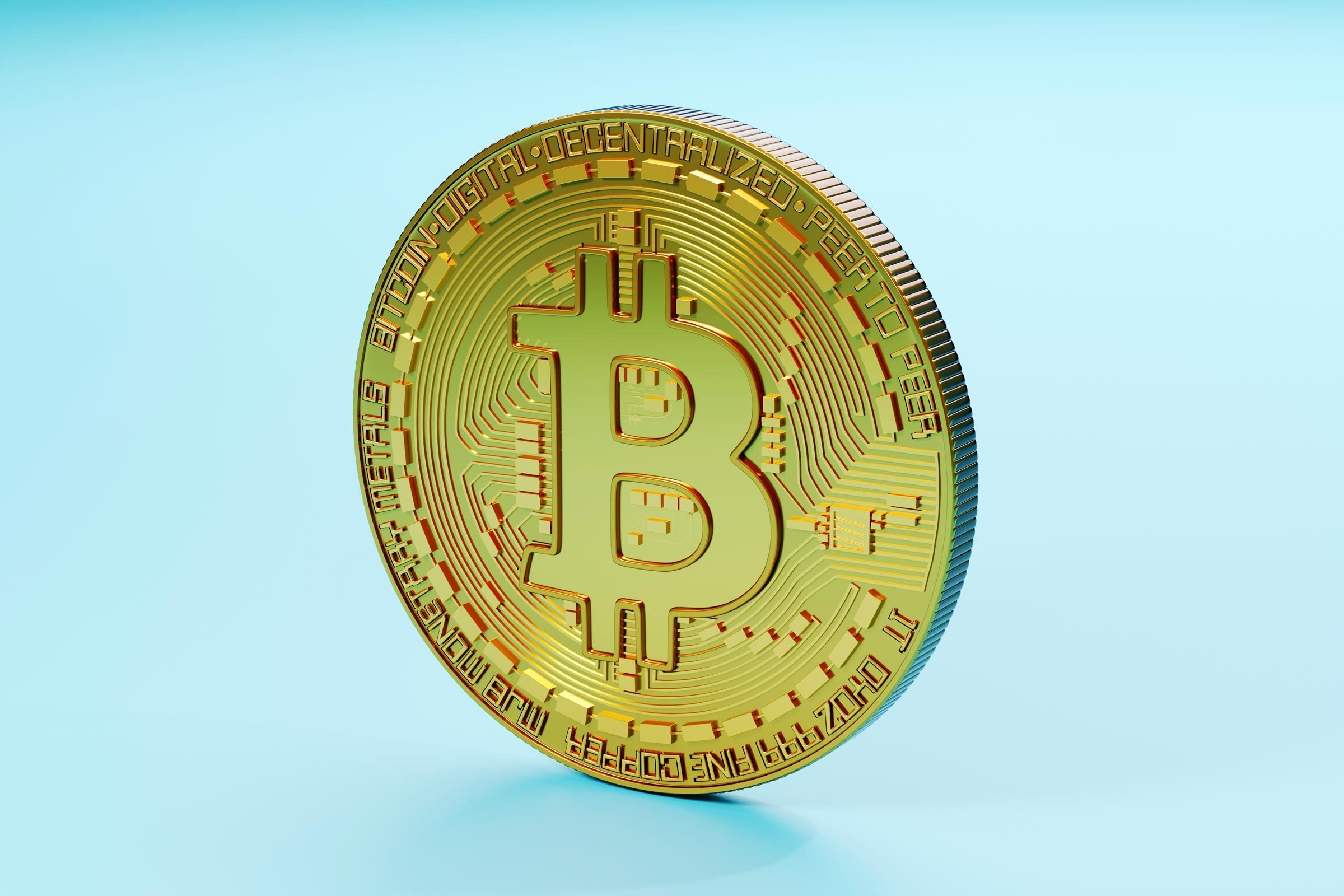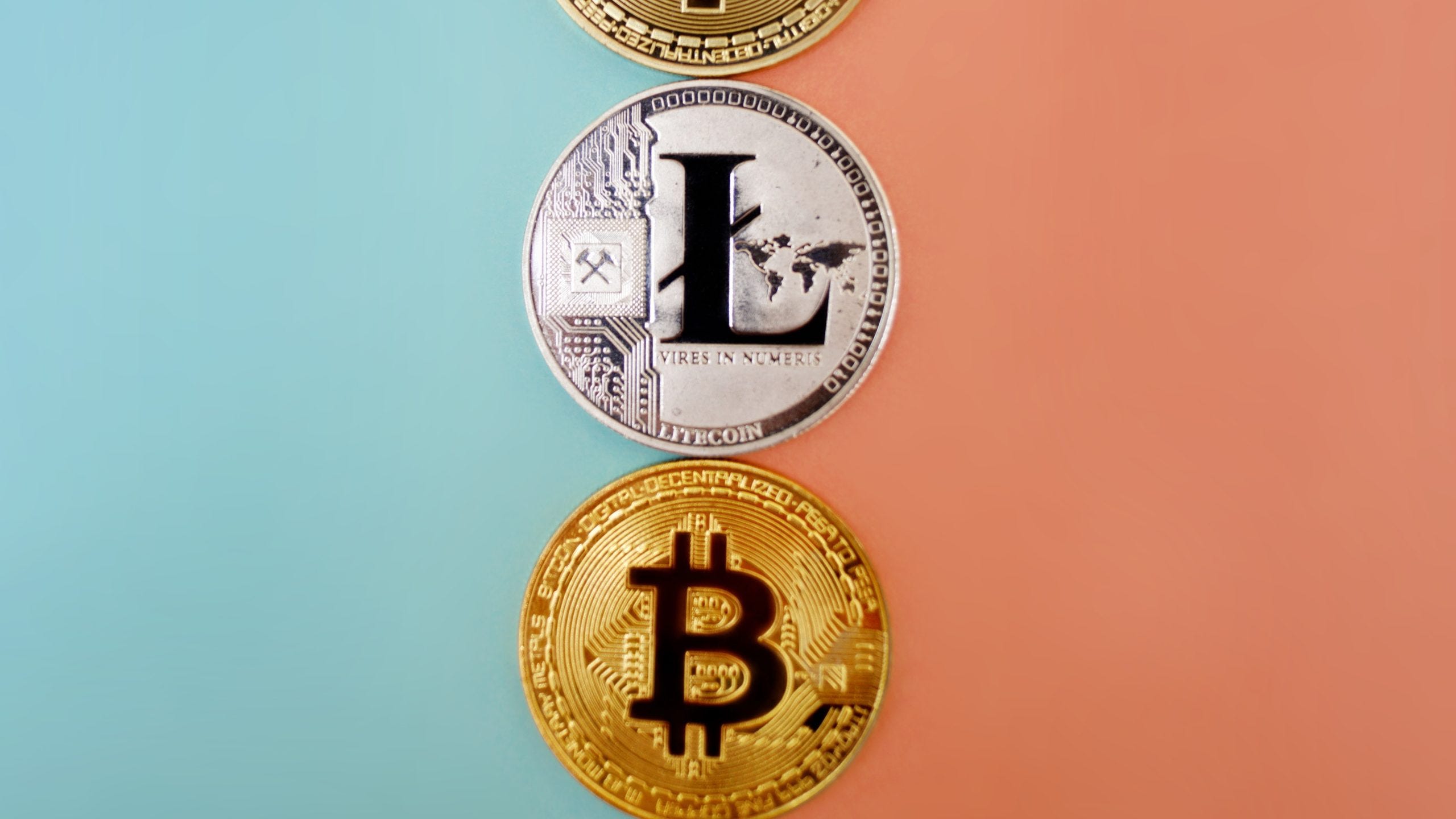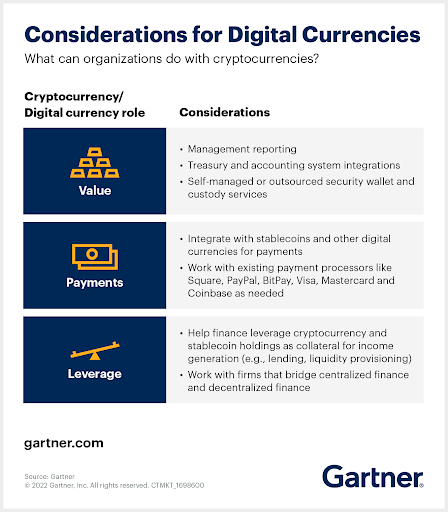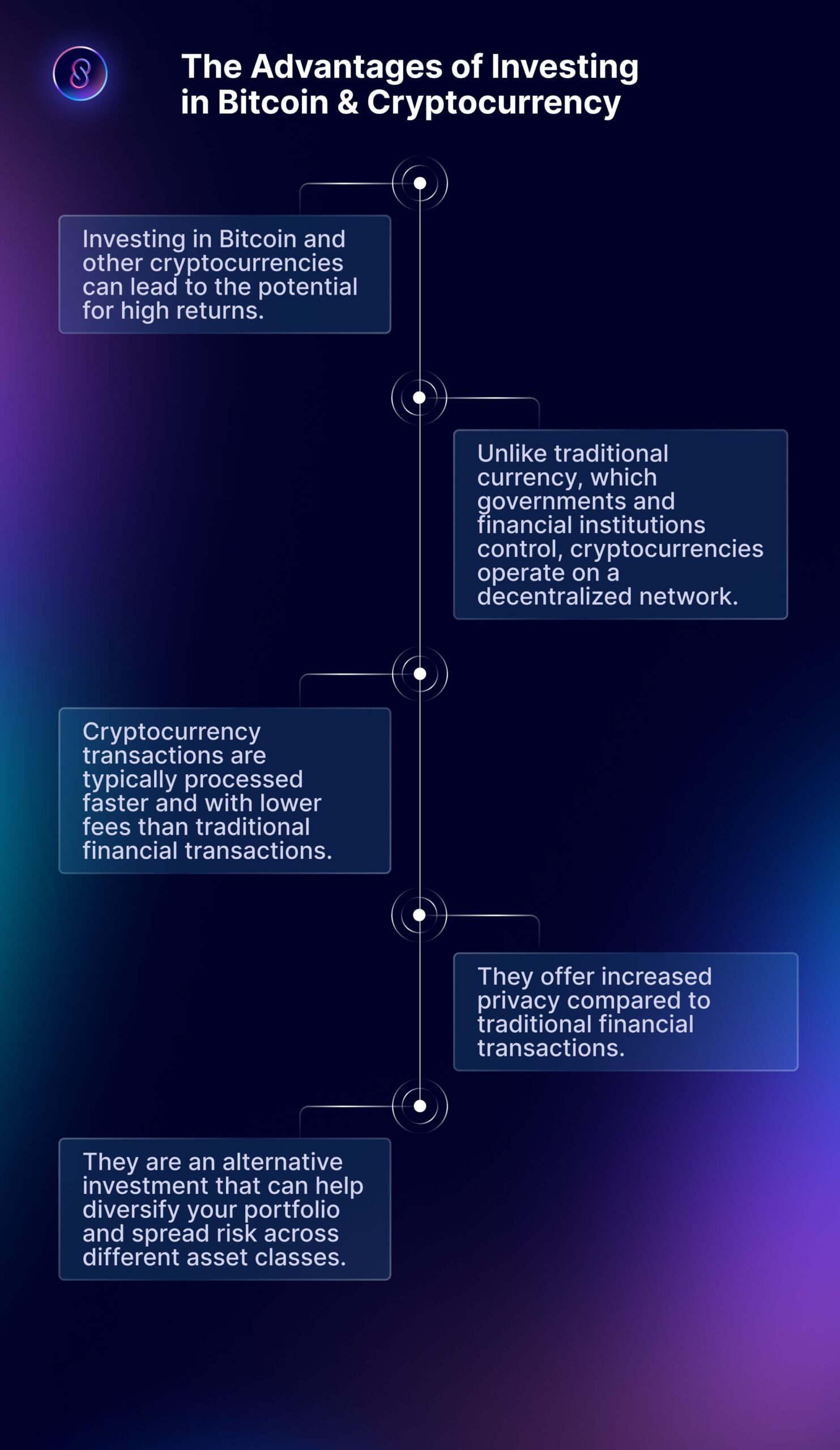Bitcoin: The Future of Currency
Since its inception in 2009, Bitcoin has been making waves in the world of finance and technology. This innovative digital currency has been changing the way we think about money and its future in the global economy.
Firstly, let’s understand what Bitcoin is and how it operates. Bitcoin is a decentralized digital currency that uses cryptographic technology to enable secure payments between parties without the need for intermediaries such as banks or governments. Essentially, it’s a peer-to-peer network that allows users to transact directly with each other, without the need for intermediaries.
One of the biggest advantages of Bitcoin is its low transaction fees. Traditional financial institutions charge hefty fees for international transfers, which can be a burden for small businesses and individuals. Bitcoin, on the other hand, has very low transaction fees, making it an attractive alternative for cross-border payments.
Another advantage of Bitcoin is that it is highly secure. Transactions are validated by a network of users called “miners,” who use their computational power to verify transactions and maintain the integrity of the network. This makes it virtually impossible to double-spend or counterfeit Bitcoins, which is a major problem with traditional currencies.
Furthermore, Bitcoin offers a level of privacy that traditional financial institutions cannot match. Transactions made with Bitcoin are pseudonymous, which means that they are not directly tied to a user’s identity. This can be beneficial for people who value their privacy in a world where personal data is constantly being collected and sold.
So, what does the future hold for Bitcoin? Many experts believe that Bitcoin has the potential to become the global currency of the future. As more and more people become familiar with the technology, adoption rates are likely to increase. In fact, many major retailers and businesses have already started accepting Bitcoin as a form of payment.
Additionally, the underlying technology behind Bitcoin, known as blockchain, has many other potential applications in a wide range of industries. For example, blockchain can be used to create secure voting systems, track supply chains, and even create decentralized social networks.
Overall, Bitcoin represents a major shift in the way we think about money and its role in the global economy. With its low transaction fees, high level of security and privacy, and potential for widespread adoption, Bitcoin is poised to become the currency of the future. It may take some time for the world to fully embrace this new form of currency, but the potential for innovation and disruption is immense.











